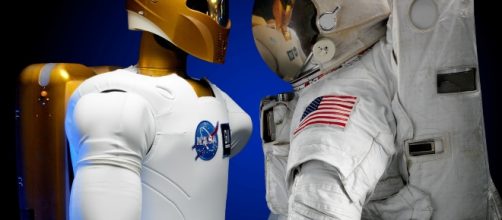china wants to become the next space giant. Aside from its plans of building the next space station, the country also plans to develop a colony on the moon. The country's space agency is also developing missions that will potentially send humans to Mars like NASA, ESA and SpaceX.
Currently, China is sending parts of its own space station to orbit starting with the now operational Tiangong-2 module. To prepare their Astronauts for long-term and deep-space explorations, China started its 200-day simulation. Four students were chosen to live in isolation for the said experiment.
Space living simulation
Four students from Beijing were chosen to participate in the 200-day experiment called the Lunar Palace 365. The experiment aims to simulate living conditions on the moon or Mars. The four participants will live in isolation with resources believed to found on the Earth's satellite and the red planet.
This means that during the simulation they will have to rely on recycling a lot. Urine may be used and repurposed as drinking water while plants can be carried into the simulation area to produce oxygen. As for the rest of the supplies, they will be in limited quantities much like when they actually live on the moon and on other planets.
Simulation challenges
Experts believe that the real challenge during the experiment is not with regards to the resources but more on the psychological effect of long-term isolation.
In order to keep the participants sane, they will be provided with daily activities to accomplish. They will be living in a limited space away from everyone else for almost half a year.
The experiment will also look into the effect of diminished access to sunlight. Health experts say that lack of sunlight may have a mental and physical effect on a person.
A total of 200 days is actually not a very long time to perform such experiments. But despite that, the simulation is considered vital for China's future space missions.
Like the US and Russia, China wanted to compete with long-term space exploration missions and, in order to compete with the leading runners in space science, they will have to be prepared to send Chinese astronauts to space who are well prepared to live on the moon and on any other planets within the Solar System and beyond. China's learning from the simulation will give them an advantage when it comes to sending interplanetary missions anywhere in the Solar System.


